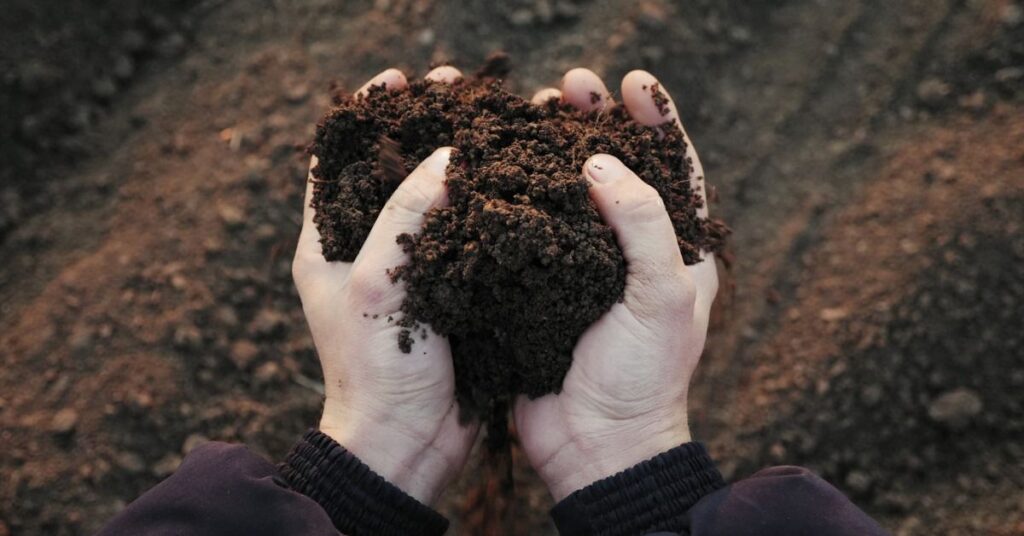Compost is considered by many gardeners the best fertilizer for plants. But some plants do not tolerate the nutrient-rich mixture.
Every plant needs fertilizer in the course of its life, whether it grows in the garden or in a container on the balcony. But when it comes to fertilizer, many plants are sensitive, and even the all-rounder compost is too much for some specimens. Because it provides a lot of nutrients, but some flowers do not like the composition.
Contents
Compost, no thanks: these plants do not tolerate the fertilizer
Making the right choice of fertilizer is not so easy for many gardeners. In addition to mineral fertilizer, various organic fertilizers and purely vegan fertilizers, homemade compost gets a very good rating in most cases. This is because gardening enthusiasts no longer have to buy fertilizer for compost, but can rely on the natural material from their own garden. This not only saves costs, but also contributes to the natural cycle, much like mulch mowing. But as often as experts hail compost, gardening enthusiasts have to be a little careful with it for some plants. This is because not every plant in the garden can tolerate the high concentration of nutrients.
As a rule, compost contains the following, classic fertilizer components:
- Nitrogen
- Phosphorus
- Potassium
- Lime
The problem with compost as a fertilizer is not only the strong presence of lime, but also the high salt content. In the long run, lime is responsible for the decomposition of humus in the soil and can leach out the substrate over a longer period of time. Salt is also not tolerated well by every plant, because if too much of it is present, it prevents photosynthesis in plants and thus acts like a poison for flowers.
Compost, no thanks: The pH value is so decisive
An important anchor point is the pH in the soil. Plants that require a low pH in the soil usually rarely tolerate a compost fertilizer application. This is because the pH increases as the salt and lime content in the soil increases. These plants include, for example:
- Rhododendron
- Lavender
- Blueberries
- Strawberries
- Summer heather
- Horn violets
- Primroses
Rhododendron is the most famous example of a plant that does not tolerate compost. The plant needs soil that is as evenly moist as possible. The more humus in the soil, the better it retains water. However, if gardeners add compost to it, the humus content decreases due to the lime. In the long run, the rhododendron will die.
Blueberries are also sensitive fellows when it comes to compost. The plant, which belongs to the bog plants, also needs a fairly low pH of the soil in which it is placed. The right amount of water also plays a role with blueberries, as these thirsty plants need a moist environment.
This is how you fertilize better
Of course, there are alternatives for these plants as well. Because not fertilizing is not a solution either. For example, gardeners can turn to pure leaf compost made from autumn leaves instead of compost, or opt for horn shavings and horn meal. Horn shavings gardeners work into the top layer of soil when planting so that the plants have a supply of nitrogen. If you also want to provide good protection for the thirsty plants, mulch with softwood mulch or needle litter. For rhododendrons, plant enthusiasts should apply a layer of mulch about three to five centimeters thick to the ground in the spring. This way, less water evaporates in the summer and the plant remains intact.


